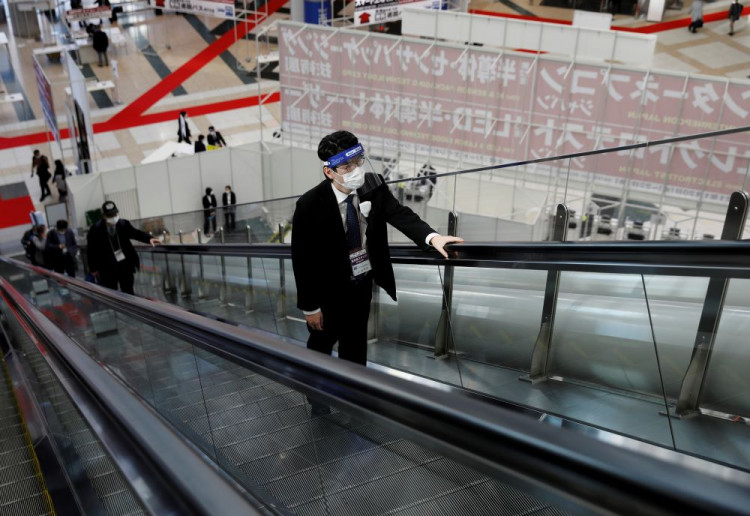Japan retail sales fell year over year for a third consecutive month in February, according to data from the Economy, Trade and Industry Ministry Tuesday. Sales fell 1.5% on year but economists had predicted the decline would be a more substantial 2.8%.
The ministry said the fall was a result of households cutting back on spending and remaining cautions as the world virus pandemic continues.
However, retail sales grew 3.1% compared with January, the data said. The forecast had been for a 0.2% increase.
Meanwhile, Bank of Japan Gov. Haruhiko Kuroda said Tuesday Japan's economy had hit bottom and was picking up from the effects of the coronavirus pandemic thanks to "swift and aggressive" stimulus measures.
But he said risks to the economic and price outlooks were not so good. He said the bank was ready to use it monetary policy tools -- interest rates and bond buying -- "without hesitation."
Many economists continue to think Japan's economy will contract substantially in the January-to-March quarter as a result of poor consumer spending and slowing exports. Some analysts are worried that a longer contraction in household spending and weakening exports raise the prospect of a slower economic recovery than initially thought.
"That the coronavirus isn't subsiding is a major reason to worry about a delay of an economic recovery," said Atsushi Takeda, chief economist at Itochu Economic Research Institute.
"Clothes aren't selling because people aren't going out," he said. "People are not really returning to commercial facilities. The trend is for them to go shopping at supermarkets in their neighborhoods."
Nevertheless, Capital Economics Japan economist Tom Learmouth was optimistic. He said the on-year figure was the best since September and "supports our view that the economy just about avoided a contraction in the first quarter."
Separate data showed the nationwide seasonally adjusted unemployment rate was steady at 2.9%, lower than the median forecast of 3.0%.
"While the unemployment rate was unchanged in February, it should edge down this year as employment recovers back to pre-virus levels," Learmouth said.






